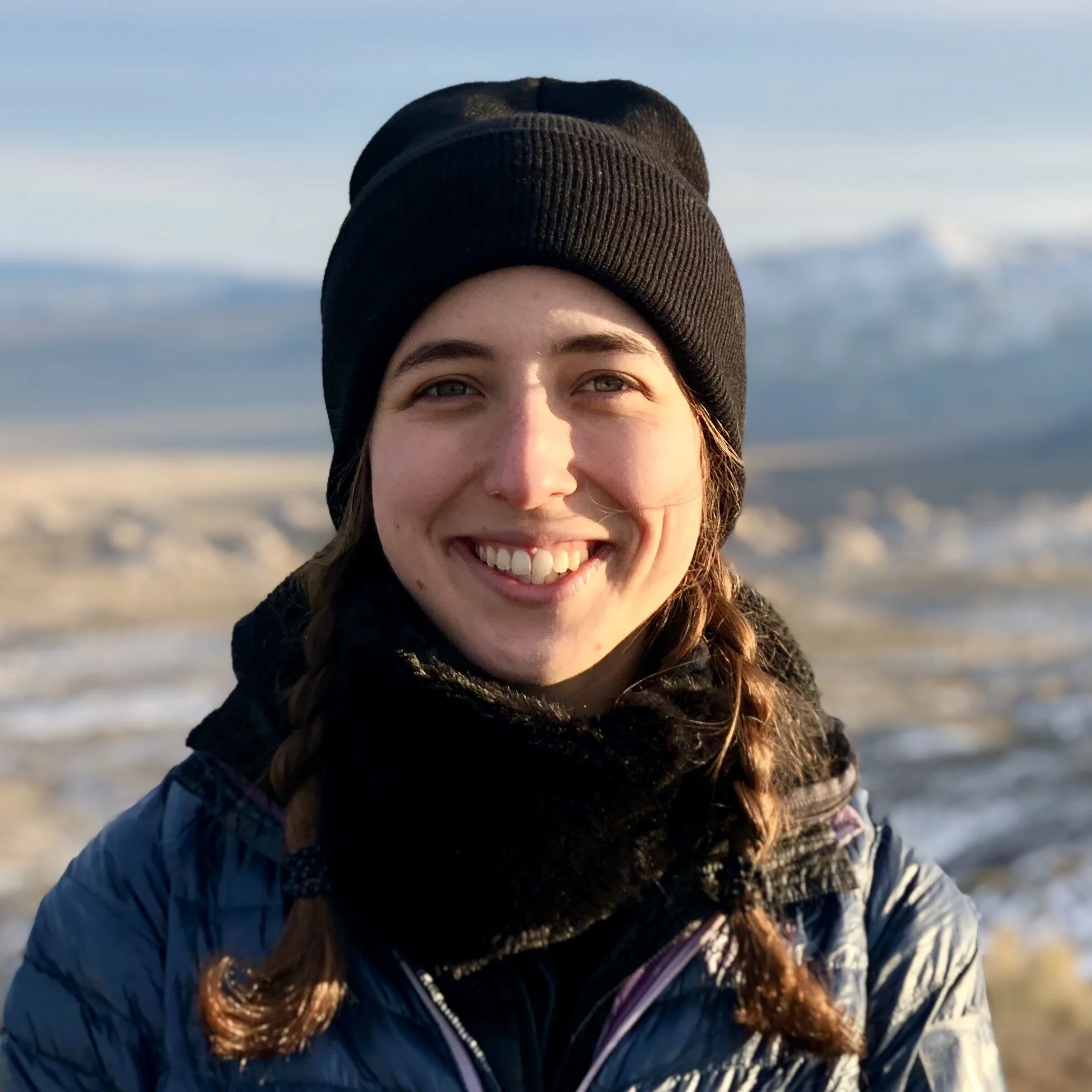About
I’m a scientist, science communicator, “sci-clist,” renewable energy advocate, and aspiring academic mental health advocate.
In addition to science, I spend most of my time soaking up solar sunshine, cycling up mountains, and radiating nauseating puns.
Research interests
My research is driven by the critical need for renewable energy to combat climate change, and also because crystals are just the coolest. I love studying the tiny bits inside crystalline materials that can collectively have a huge impact on important materials properties for our renewable energy transition. I aspire to be one of the tiny bits inside the community of scientists that collectively will have a huge impact on harnessing the power of sunlight to replace fossil fuels.
How do we design new materials for solar?
During my PhD at UC Berkeley and Lawrence Berkeley National Laboratory, I designed new materials from the nanoscale up that convert solar energy into electricity that can sustainably power our world. I focused on a type of material rare in nature that is both transparent to sunlight and conductive of electricity – “p-type transparent conductors” – and how to apply these materials as “contacts” to slurp electricity out of solar cells.
Can we (& should we) make them?
I’m also interested in the science of synthesis, stability, scalability, and sustainability. How can we know if materials we predict can actually be made in the lab? How can we scale them into real-world applications? How can we determine whether these materials will be stable enough to survive in the field, and not toxic to humans or Earth’s ecosystems? I’m interested in bridging the disconnects between a material discovered by first principles and a practical material that can be used in a commercial solar panel, and have had the priviledge to think about these questions alongside interdisciplinary teams at the NREL, SLAC, and EPFL.
What’s their impact on the planet?
If this research can be scaled, it may still cause catastrophic harm to humans or ecosystems associated with, for example, mining a required element or disposing devices after their “end of life.” I’m now transitioning into studying the impact of new proposed solar technologies on both the planet and its inhabitants, using “life cycle analysis” and other energy analysis techniques.
Outreach and communication
I strive to share science outside the “Ivory tower” and create spaces that connect practicing scientists to the next generation of scientists. In 2015 alongside glaciologist Elizabeth Case, I co-founded Cycle for Science, an adventure-based science outreach organization that brings scientists (aka sci-clists) to K-12 classrooms via bicycle tours to teach hands-on STEM lessons about renewable energy and climate change, and with Cycle for Science I’ve bicycled across the USA, across California, and across the Netherlands to teach (reach out if you want to be involved!). I serve as an instructor on Cycle the Rockies, a field course / bicycle tour for undergraduates through the Wild Rockies Field Institute to learn about local energy infrastructure and climate change. I also founded an annual “pedal-powered” sustainability-themed music festival (“Ecochella”, now Coastalong) to inspire the public to connect with renewable energy.
Scientific culture change
Science research can inspire and catalyze incredible things, but scientific practices also have a long history of oppression, discrimination, and trauma, and continue to create harm today. As a researcher and educator, I believe I have a responsibility to acknowledge this, break these toxic cycles, scrutinize the implications of my research, and help create a more inclusive and empowering STEM community. I also believe that as a scientist I am a “public servant,” and that it is the duty of scientists to connect with (and listen to) the non-scientific community to establish trust, promote science-literacy, and guide our work according to community needs and values. In these pursuits I am constantly learning and making mistakes, and am open to feedback and discussion.

